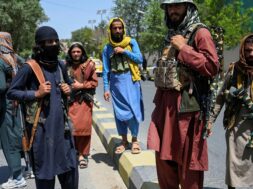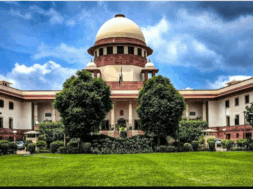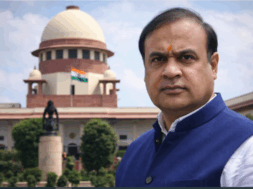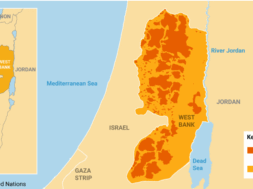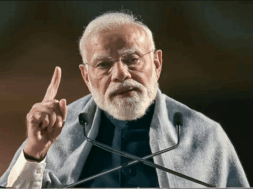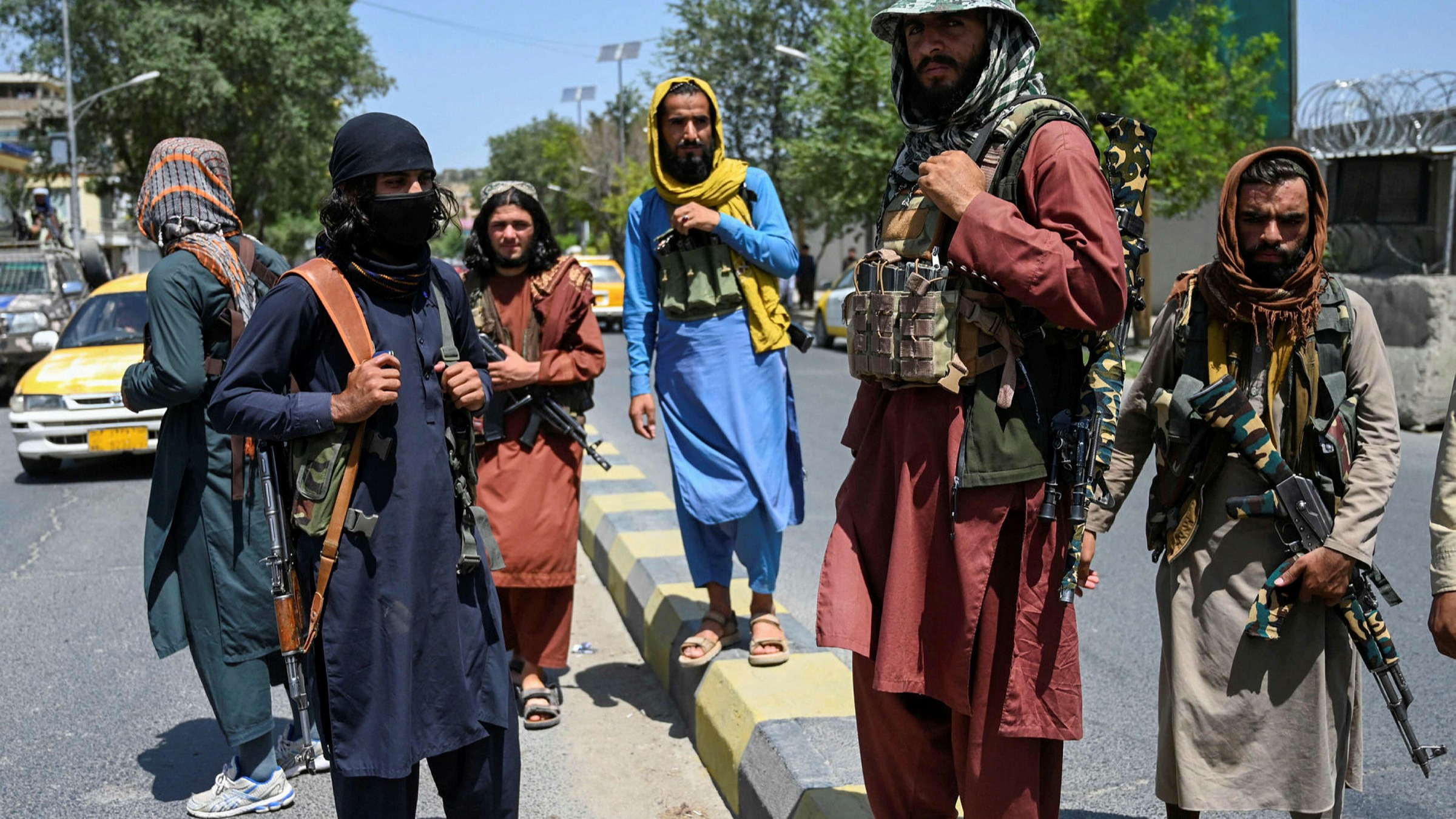
“No Co-operation with US to Contain IS:” Taliban
Manas Dasgupta
NEW DELHI, Oct 9: Even as Afghanistan kept bleeding under the attacks from the extremist group Islamic State, considered to be an arch rival of the Taliban, the ruling group in the war-torn country has refused to co-operate with the United States forces to contain the terror groups active in the country.
The suicide bomb attack on a Shia mosque in Kunduz town during the Friday payers yesterday, in which over 100 worshippers were feared killed and scores of others injured, was the latest of series of terror attacks on the minority Shia community in Afghanistan. On Saturday, the official death toll in the mosque attack was given out as 46 dead and at least 150 injured, but still it was one of the worst terror attacks, which was owned by the Islamic State, in the country.
Despite the incident, the Taliban on Saturday ruled out cooperation with the US to contain extremist groups in Afghanistan, staking out an uncompromising position on a key issue ahead of the first direct talks between the former foes.
Senior Taliban officials and US representatives are to meet in Doha, the capital of the Persian Gulf state of Qatar. Officials from both sides have said issues include reining in extremist groups and the evacuation of foreign citizens and Afghans from the country. The Taliban have signaled flexibility on evacuations.
Taliban political spokesman Suhail Shaheen said there would be no cooperation with Washington on going after the increasingly active Islamic State group affiliate in Afghanistan. IS has taken responsibility for a number of attacks on Shia community members earlier.
“We are able to tackle ‘Daesh’ (the Arabic acronym for the IS) independently,” Shaheen said, when asked whether the Taliban would work with the US to contain the Islamic State affiliate. IS has carried out relentless assaults on the country’s Shiite Muslims since emerging in eastern Afghanistan in 2014. IS is also seen as the greatest threat to the United States.
The weekend meetings in Doha are the first since US forces withdrew from Afghanistan in late August, ending a 20-year military presence, and the Taliban rose to power in the nation. The US has made it clear the talks were not preamble to recognition of the Taliban government.
The talks also come on the heels of two days of difficult discussions between Pakistani officials and US Deputy Secretary of State Wendy Sherman in Islamabad. The focus of those talks was also Afghanistan. Pakistani officials urged the US to engage with Afghanistan’s new rulers and release billions of dollars in international funds to stave off an economic meltdown.
Pakistan also had a message for the Taliban, urging them to become more inclusive and pay attention to human rights and its minority ethnic and religious groups. Afghanistan’s Shiite clerics assailed the Taliban rulers following Friday’s attack demanding greater protection at their places of worship. The IS affiliate claimed responsibility and identified the bomber as a Uygher Muslim. The claim said the attack targeted both Shiites and the Taliban for their purported willingness to expel Uyghers to meet demands from China. It was the deadliest attack since foreign troops left Afghanistan at the end of August.
An US expert on Afghanistan said Friday’s attack could be a harbinger of more violence. Most of the Uyghur militants belong to the East Turkestan Islamic Movement, which has found a safe haven in the border regions of Pakistan and Afghanistan for decades.
“If the (IS) claim is true, China’s concerns about terrorism in (Afghanistan) to which the Taliban claims to be receptive will increase,” he tweeted following the attack Both Afghanistan and Pakistan want the anticipated economic benefits from China’s multi-billion Belt and Road initiative project linking Beijing to Central and South Asia. They have been willing to ignore China’s persecution of its Muslim Uyghur population.
Taliban spokesman Zabihullah Mujahid last month called the Chinese project the region’s most important economic venture.
During the Doha talks, U.S. officials will also seek to hold Taliban leaders to commitments that they would allow Americans and other foreign nationals to leave Afghanistan, along with Afghans who once worked for the U.S. military or government and other Afghan allies, a U.S. official said.
Reacting to the fluid situation in Afghanistan, the Indian external affairs minister S Jaishankar said it was hard to take a “very definitive position” on Afghanistan as the situation there is still unfolding and there are “live issues” such as whether there will be an inclusive government in Kabul and whether Afghan soil will not be used for terrorism in other countries.
Jaishankar said he would not like to draw some connections with Afghanistan without any evidence.
US Deputy Secretary of State Wendy Sherman on Friday said she discussed with the Pakistani leadership the importance of holding the Taliban accountable to the commitments they have made because it was in the interests of all to have a “stable and inclusive” Afghanistan that did not serve as a “safe harbour” for terrorists.
On her first visit to Islamabad as a member of the Biden administration, Sherman said Afghanistan was at the top of her agenda during her meetings and underlined the need for a “strong prosperous democratic Pakistan.” She met Pakistani National Security Advisor Moeed Yusuf on Thursday after her arrival from New Delhi and held a meeting with Foreign Minister Shah Mahmood Qureshi on Friday.
Powerful Islamist factions in Pakistani politics are putting pressure on the government to extend recognition to the Taliban government in Afghanistan. Fazlur Rehman, head of the Islamic political party Jamiat Ulema-e-Islam (JUI), recently demanded that Islamabad officially recognise the theocratic Taliban government in Afghanistan.
Rehman is one of Pakistan’s most powerful clerics, and also heads the country’s largest alliance of opposition parties, the Pakistan Democratic Movement. He has a massive following in Pakistan and wields considerable influence in the country’s religious and political circles. Out of 36,000 Pakistani Islamic religious seminaries, over 18,000 belong to the strict Deobandi school of thought, which emphasises adherence to Islamic law.
The Afghan Taliban, and Rehman, both follow Deobandi ideology, and Taliban officials and foot soldiers alike have studied in these seminaries, some of which are said to be under the control of JUI affiliates.
The US has condemned the suicide bomber attack on the Shia mosque saying it was an “enormous tragedy” and people of that country deserve better. “Obviously, any loss is an enormous tragedy, and our heart goes out to the families who lost loved ones,” White House Press Secretary Jen Psaki told reporters at her daily news conference. “We, of course, will continue to work in partnership with leaders in the region to work to get partners who stood by our side out of Afghanistan, who want to depart. That’s something that there’s ongoing work on, as we speak,” Psaki said.
